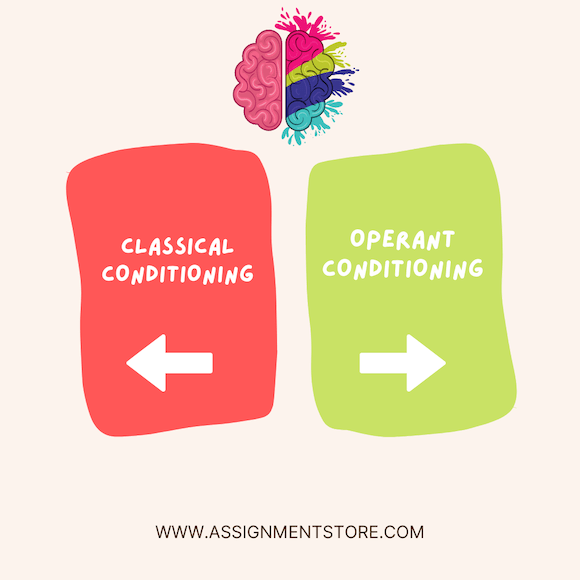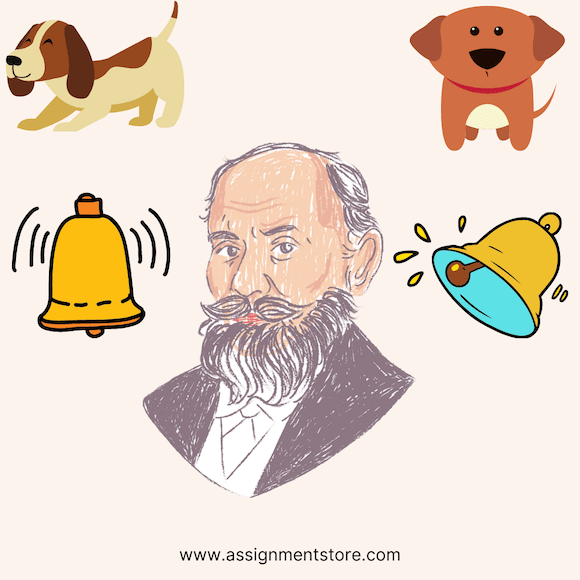Classical Conditioning v/s Operant Conditioning
Explain the Similarities and Differences between Classical Conditioning and Operant Conditioning

Similarities and Differences between classical and operant conditioning : The similarity between Classical Conditioning and Operant Conditioning is that both these terms are used extensively in Behavioral psychology. Involuntary behavior and response are associated with Classical Conditioning . However, operant conditioning is about rewarding a behavior or a consequence of a behavior. The importance of reinforcement is visibly seen in both Classical Conditioning and Operant Conditioning.
Difference Between Classical Conditioning and Operant Conditioning Examples
Classical Conditioning is generally explained with the help of Pavlov’s experiment. Another name of Classical Conditioning is Pavlovian Conditioning. Russian Physiologist Pavlov was studying about the digestion of dogs when he discovered Classical Conditioning. Irrespective of whether he brought food with him or not, the dogs used to salivate as soon as Pavlov entered the room.

This is because the dogs had assumed that they were going to be fed as they associated feeding and the entrance of Pavlov. This inspired Pavlov to conduct a series of experiments using sound. Whenever Pavlov fed his dogs, he used to ring a bell. This was done numerous times. Subsequently the dogs used to salivate whenever they heard the sound of the bell even before they had their sight on the food.
Pavlov went to the next stage by ringing the bell without providing any food to the dogs. Even if there was no food, the dogs continued to salivate the moment they heard the sound of the bell. The salivation was a learned response as the dogs linked the sound of the bell with the food.
Real Life examples of Classical Conditioning in Everyday life
- Aroma from your favorite Restaurant – While you are passing or waiting to order your favorite snack, you tend to salivate as soon as you get the aroma of the food.
- The role of Celebrities in Commercials – When we are fans of a celebrity we tend to develop a positive association with the celebrity. For instance if we are a fan of the tennis legend Roger Federed, we naturally develop affinity and positive association towards Roger Federer. Even if Federer has got nothing to do with the brand he endorses, we develop the same positive association with the brand like how we develop the same with Federed himself. This potentially increases the customer bases of a brand. Brands precisely employ celebrities to endorse their products for this reason.
- Tone of a smartphone – For instance if the ringtone of your phone is a popular song and you hear it in a public area, you would immediately reach out for your smartphone. You would realize that the song was playing in a cafeteria or a local music shop. We have all had this experience at least once in our lives.
Operant Conditioning is about linking good behavior with a reward. If a kid disrupts the classroom continuously the teacher may give a punishment by making the kid miss his or her play time. So the kid would associate barring playtime with disruption in class. Similarly the teacher may encourage extra play time if the kid remains silent and well behaved. So the kid naturally associates extra playtime with good behavior.
Real Life examples of Operant Conditioning
- Incentives – Companies offer bonuses and incentives to employees who finish tasks on time and maintain good performance. This makes the employees perform better.
- Rules and Regulations – Rules are an integral part of one’s lives. This can be seen in law enforcement agencies such as police work and the army. An army officer needs to follow strict rules otherwise the officer will be punished. This helps in building the character of the army officer and makes him or her disciplined.


